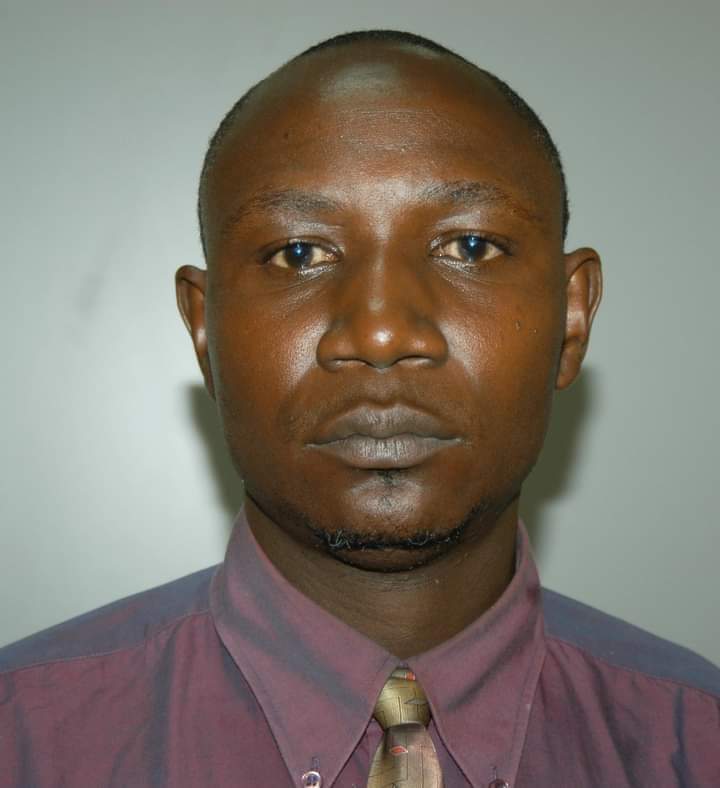By Ahmed Kateregga Musaazi
The speech by the Kabaka at Nkoni palace last Saturday as he marked his 28th coronation anniversary is still a major debate in various media. Fortunately the colorful occasion amidst Covid-19 panedemc ended peacefully without serious incidents thanks to security agencies especially in Greater Masaka sub region.
In a televised address, the Kabaka said that Buganda does not seek to secede from Uganda nor to expel non Bganda from Buganda. Some opinion leaders have called for renewed direct talks between President Yoweri Museveni and the Kabaka.
Let me concentrate on the assumption that since the people of Buganda participated directly in the five year bush war in Luwero Triangle, and the war was fought on Buganda soils, it was automatic that after victory, the Kabakaship would be restored.The 1952 Revolution that deposed King Faruq was masterminded by young free officers commanded by Col.Gamal Abdu Nasser declared Egypt an Arab republic and never reversed.
The 1959 revolution in Rwanda deposed Umwami Kigeri V who passed on recently in exile. Even the Rwandese Patriotic Front which was Batutsi dominated, never attempted to restore the monarchy or even allow Kigeri to return home as a private citizen. The 1964 revolution in Zanzibar not only deposed the Sultan but united ther isles with Tanganyika mainland to form the United Republic of Tanzania. There is no dream of returning to the sultanate, formerly part of Oman since 1840 under the famous Sayyid Said.
The Burundi revolution of 1966 deposed the Crown Prince Charles Ndizeye who sought refuge in Uganda and Amin returned him to Bujumbura as a private citizen, and was kidnapped never to be seen again. Unlike in Rwanda where the revolution was spearheaded by the Bahutu majority, in Burundi, it was a Batutsi palace coup that brought in Michel Micombero, John Baptist Bagayam, Pierre Buyoya, and none attempted to return the country to a monarchy.
The 1966 Uganda Crisis is well known where the kingdoms of Buganda, Ankole, Bunyoro, Tooro and the Territory of Busoga were abolished and Uganda became a republic in 1967. All the kings except the Kabaka of Buganda, were pensioned off.
In 1974, the Ethiopian empire ended and the last Emperor, Haile Selassie was starved to death by one of Africa’s worst killers, Lt.Col. Mengistu Haile Mariam. Ever since the successful liberation war under the late Meles Zenawi in 1991, no attempt has been made to return to the monarchy.
The Kingdom of Lesotho has survived because it is a constitutional monarchy where the king is a titular head and even during times of coups, the army could depose a Prime Minister but not a king. When the king attempted to sack a democratically elected Prime Minister, South Africa Development Coronation under the then President Nelson Mandela intervened and urged the king to remain a constitutional but not an absolute monarchy, and that is the course the peaceful country has taken.
The Sultanate of Morocco, due to political upheavals in North Africa and Middle East, is slowly but steadily turning into a constitutional monarchy, where the King appoints a Prime Minister from the majority party in Parliament.
The only remaining absolute monarchy in Africa is Swaziland but it is suffering from internal upheavals, and if King Mswati ll does not read writings on the walls in advance, the land locked country will turn into a republic.
In West Africa, especially in Ghana and Nigeria, there are powerful traditional institutions which are barred from participating in politics, but they remain powerful and influential. The most prominent are the Sokoto Khalifate in Northern Nigeria and the Ashanti kingdom in Ghana.
However even traditional institutions that are barred from politics, were abolished in Tanzania by the late Mwalimu Julius Nyerere. He also abolished Nyarubanja, an equivalent of Mailo Land tenure in Kagera Region, which had pre colonial kings of Kiziba, Karagwe, Buzinja and Bukerebwe, that were break away states from Bunyoro-Kitara and later vassal states of Buganda before the 1890 Heligoland Treaty that fixed British and German East Africa at a One degree south of the Equator. The Germans had tolerated those traditional rulers including those of Rwanda and Burundi because they collaborated with them, and after Germany lost the territory to the British, they also used them under the so called Indirect Rule system.
Therefore, the restoration of traditional institutions in 1993 after the Army Council Resolution that sat in Gulu barracks in 1992 chaired by Commander in Chief, President Yoweri Museveni and the subsequent laws that were passed by the National Resistance Council, were not automatic after 1986 National Resistance Movement/Army victory. The people of Buganda and other kingdom areas should be grateful to President Yoweri Museveni in particular and gallant sons and daughters of Uganda in NRM/NRA that allowed the restoration to be real. Otherwise idi Amin had allowed the Prince Ronnie Mutebi to be called as Ssaabataka and gave bick back Bamunanika palace but never attempted to return other palaces including Mmengo that had turned into a barracks, Bulange which was named Republic House and Ministry of Defence headquarters, royal tombs like Kasubi, 350 sq.miles Official Mailo estate for Kabaka, among others, neither could he allow him to have a Lukiiko and to appoint chiefs.
The way forward, in my view, is the operationalization of regional governments which were a result of direct and indirect negotiations between President Museveni and his team and Kabaka mutebi and his team but later the Mmengo clique, dominated by the Opposition, turned against the deal. By Article 178 of the Constitution of Uganda as amended in 2005, the Kabaka shall be the titular head of Buganda Government whose Prime Minister and Lukiiko shall be directly elected by the people but where Kabaka is allowed to nominate a quota of the Lukiiko, who will constitute a standing committee with exclusive powers on culture including kabakaship. The Official Mailo estates are supposed to be under Buganda Land board set up by the regional government. This is also applicable to other regions kingdom and non kingdom as the constitution stipulates.
As for private Mailo estates, there is no doubt that there are rampant evictions of peasants on both private and official Mailo estates and even on freehold and the Land Fund is the solution where land owners are paid off and bibanja holders automatically get titles.
Haji Ahmed Kateregga Musaazi is a veteran journalist and Deputy Resident City Commissioner Masaka City.
Do you want to share a story, comment or opinion regarding this story or others, Email us at newsdayuganda@gmail.com Tel/WhatsApp........0726054858





